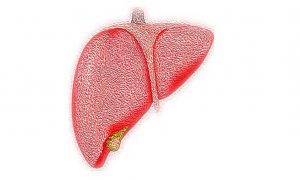With the new strain of COVID-19 emerging, it’s hard not to spiral into panic mode. However, if you’re equipping your immune system with the tools it needs overcome illness, you’ll more than likely experience less adverse symptoms.
You likely already know that vitamins C, D, and even B6, can help to support your immune system, but how about vitamin K2? As Brittany Busse, MD, associate medical director at WorkCare explains, vitamin K is a cofactor for anti-inflammatory proteins and the form K2 is more active than K1.
“Vitamin K2 suppresses the production of pro-inflammatory cytokines in experimental animal models,” Busse says. “These pro-inflammatory cytokines are responsible for many of the severe symptoms associated with COVID-19.”
She adds that it’s been hypothesized that K2 supplementation could reduce the inflammatory cytokine production and, in part, help regulate the immune response to SARS-CoV-2.
Tryvge Bergeland, PhD, vice president of science at Kappa Bioscience, a leading global distributor of vitamins, says recent studies have even described the metabolism of vitamin K as the potential missing link between lung damage and thromboembolism in patients severely affected by COVID-19.
The most studied form of vitamin K2, as Busse points out, is called menaquinone-7 (MK-7), which is found naturally in fermented vegetables such as sauerkraut and kimchi, as well as plant-based meat alternatives such as tempeh.
It also can be sourced through dairy and animal products. Another option is to take a supplement, as many Americans don’t get their daily dose of the vitamin through diet alone. But, Busse advises that not everyone should taking this supplement.
“Vitamin K2 can support blood clotting and should not be taken by anyone on blood thinners for history of clots,” she says. “People should consult with a doctor before taking supplements.”
For context, the recommended dose to see anti-inflammatory effects is 1,000 micrograms (mcg). Apart from a supplement, consider upping your sauerkraut game this winter in an effort to incorporate more of this underrated vitamin into your diet.



































